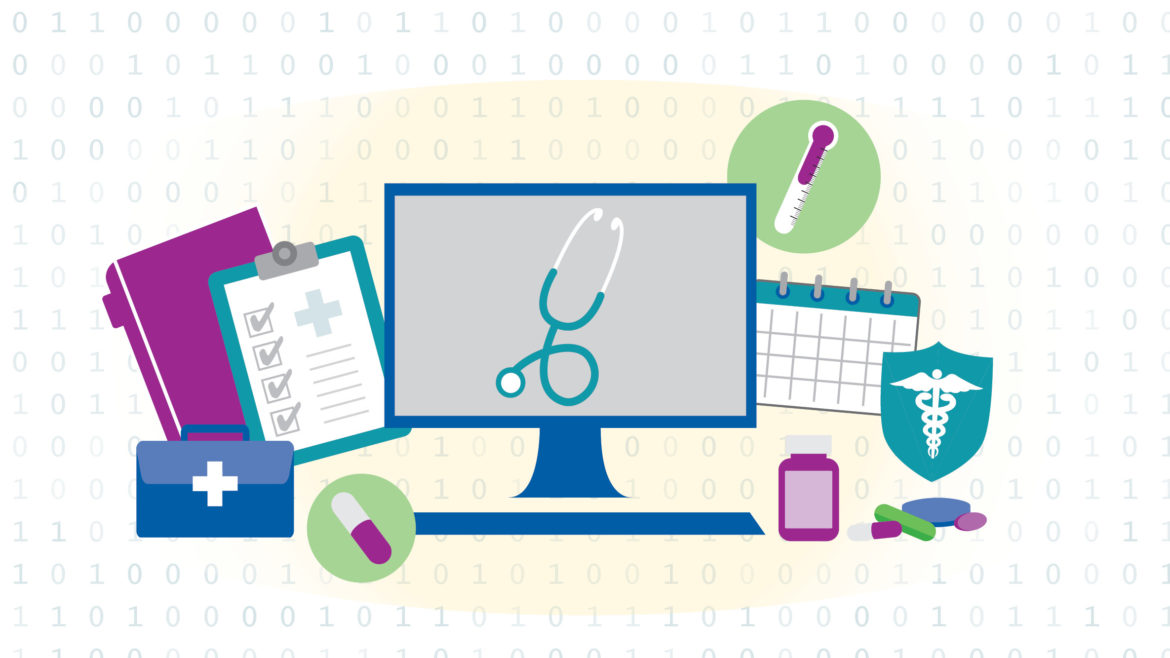By the Book: Guiding Teens Through Inpatient Psychiatric Stays
By the Book: Guiding Teens Through Inpatient Psychiatric Stays https://pediatricsnationwide.org/wp-content/uploads/2025/01/AdobeStock_610557297-1024x555.png 1024 555 Katie Brind'Amour, PhD, MS, CHES https://pediatricsnationwide.org/wp-content/uploads/2021/03/Katie-B-portrait.gifA new patient guidebook provides evidence-based resources to engage adolescents in their recovery throughout and after their hospital stay. Inpatient admissions for child and adolescent psychiatry patients typically occur due to a psychiatric crisis. At Nationwide Children’s Hospital, children stay an average of eight days before transitioning to outpatient care. While in the hospital, they…








